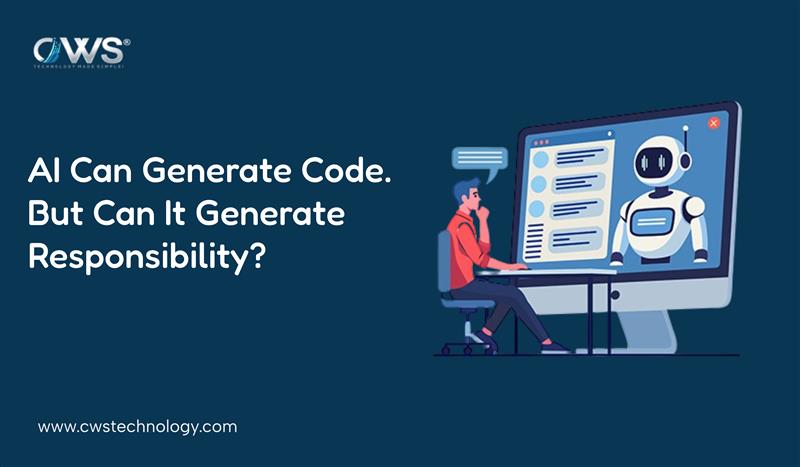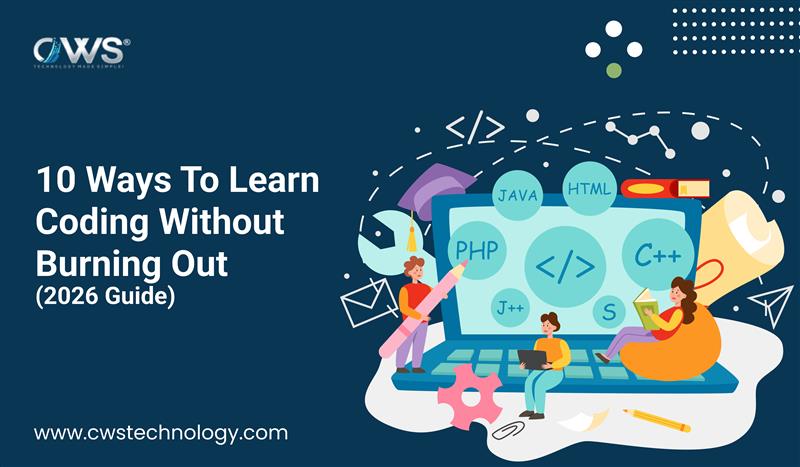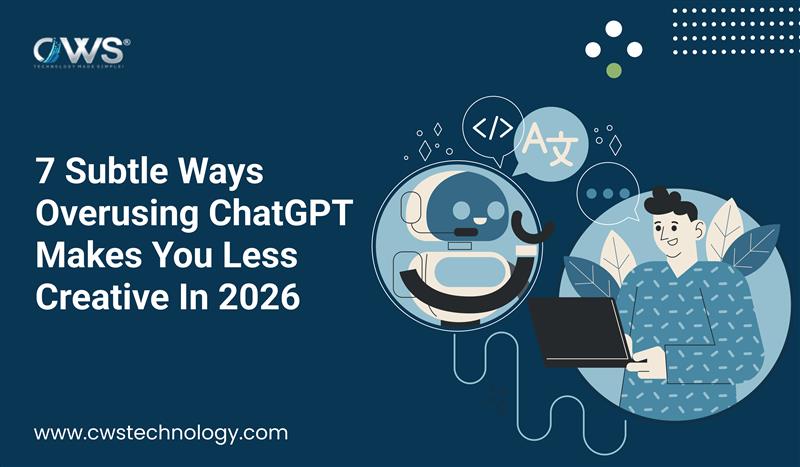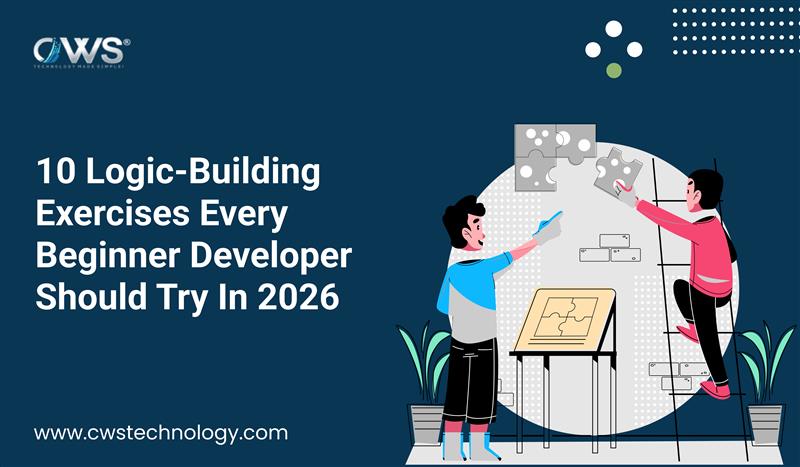Artificial Intelligence has already proven its ability to write code faster, debug more efficiently, and even suggest entire frameworks at the click of a button. What once took hours of developer effort can now be done in minutes with AI-driven coding assistants.
But here’s the question that cuts deeper than efficiency: AI can generate code. But can it generate responsibility?
At CWS Technology, where innovation meets accountability, we believe this question defines the future of tech—not just for developers, but for businesses, clients, and end-users across the globe.
The Rise of AI in Coding: A Double-Edged Sword
AI-driven tools like GitHub Copilot, ChatGPT, and automated code generators have democratized programming. Even beginners can now build functional applications without mastering every line of syntax.
This is empowering, but it comes with trade-offs:
- Speed vs. Security – AI-generated code may introduce vulnerabilities that aren’t immediately visible.
- Convenience vs. Creativity – Automation can sometimes limit original problem-solving skills.
- Assistance vs. Accountability – If a security breach happens in AI-generated code, who’s at fault—the AI, the developer, or the business?
The truth is, while AI can accelerate the “how” of coding, it cannot fully grasp the “why” and “what if” that responsible development demands.
Responsibility: The Human Element AI Can’t Replace
Responsibility in software development goes far beyond compiling lines of code. It includes:
- Understanding Business Impact – Knowing how a software decision affects users, compliance, and scalability.
- Ethical Judgment – Deciding whether an AI suggestion aligns with fairness, privacy, and inclusivity.
- Long-Term Vision – Ensuring that today’s shortcuts don’t become tomorrow’s roadblocks.
- Ownership – Taking accountability when things go wrong, rather than shifting blame to “what the AI suggested.”
Responsibility isn’t just about technical checks; it’s about human judgment, empathy, and foresight. These are qualities no algorithm can replicate.
Why Businesses Should Care
For global businesses, the question isn’t just whether AI can code—it’s whether teams can balance AI-powered efficiency with human-driven responsibility.
- Trust is at Stake: Clients and customers care less about how fast you built software and more about how safe, reliable, and ethical it is.
- Compliance Risks are Real: From GDPR to HIPAA, businesses can’t afford to let AI-generated oversights trigger costly fines.
- Reputation is Fragile: A single error—whether in billing software, healthcare apps, or fintech platforms—can cause irreversible brand damage.
Think- how the most successful projects combine AI’s speed with human accountability. This hybrid approach ensures innovation doesn’t come at the cost of trust.
Building a Responsible AI-Driven Future
Here’s how developers and organizations can strike the right balance:
- Human-in-the-Loop Development – Let AI assist, but always validate with expert reviews.
- Ethics by Design – Bake in fairness, transparency, and inclusivity at every step.
- Continuous Learning – Train teams not just in coding, but in ethical AI usage and security awareness.
- Shared Accountability – Create a culture where responsibility isn’t outsourced to tools but owned by people.
The future of software isn’t AI vs. humans—it’s AI with humans, where responsibility remains the guiding principle.
AI can generate code at lightning speed, but responsibility will always be a human choice. The future belongs to businesses and developers who understand that technology without accountability is innovation without trust.








